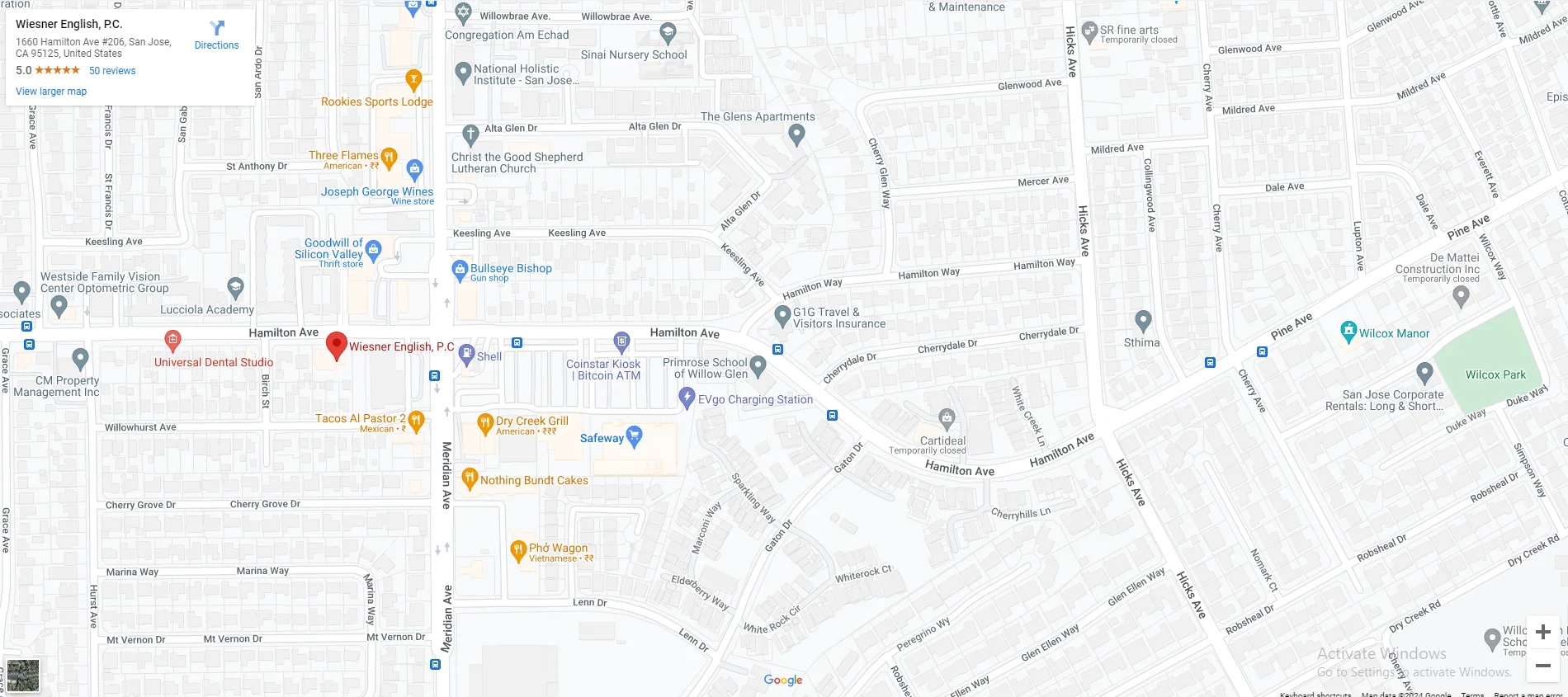Utilization Review (UR) Frustration with California Work Comp Treatment

When you are injured privately, treatment is often easy to obtain. For instance, if your doctor needs an x-ray, you go down the hall for an x-ray and see the doctor minutes later. Your recovery is normally faster. Not so with the current state of medical treatment in the California Workers’ Compensation system. Why, you may ask?
In a workers’ compensation case, a third party Utilization Review (“UR”) doctor hired by the insurance and not your treating doctor decides what treatment is “necessary” for your injuries. The old saying about a fox guarding the hen house, comes to mind when thinking about UR. Despite your doctor saying that you need a medication, therapy, surgery, etc. to treat your workplace injury, your doctor does not get the final say on approval.
While that is bad enough, the medical standards (i.e., the Medical Treatment Utilization Schedule [MTUS] and American College of Occupational and Environmental Medicine [ACOEM] Guidelines) used for these reviews are often outdated or misused. Even worse, the UR doctors never evaluate the injured worker nor are they even required to be in the United States, much less California. The only legal requirement is that they be a doctor licensed by any US state or the District of Columbia (See 8 CCR §9792.6(i).)
Even when treatment is approved, it is delayed by the review system itself. Unlike the near immediate access to medical care in the private system, (for instance, picking up a prescription at your local pharmacy the same day as your appointment) UR reviews take five (5) days to complete and another six (6) to eleven (11) days to receive the decision, depending if the UR review company is in or out of California. That’s nearly three weeks IF it’s approved.
You may also ask, what am I (or my attorney) able to do to contest an unfavorable Utilization Review determination? Unfortunately, not much. When requests are properly sent through UR, the sole remedy is the Independent Medical Review (“IMR”) process. IMR amounts to little more than a re-review of the prior decision based on the same archaic standards. IMR must be requested within 30 days of the UR decision or the unfavorable decision is binding for a year! Further, IMR upholds around a 90% of the UR denials or modifications. IMR should stand for I Might Receive care–though likely not.
While there may occasionally be a legal challenge to particular UR/IMR decisions, these rarely exist and always take time to litigate. Ultimately, the legal standard of care for injured workers in California is poor to say the least. Absent a change in the law (we’d wager there is a better chance at winning your IMR appeal) this is medical treatment in the CA work comp system for the foreseeable future. While the system itself is very flawed, it’s even worse when you let the insurance carrier (fox?) guard your hen house.
If you are frustrated with your care after a work injury, call the Attorneys at Wiesner English P.C. for a free consultation! We have years of experience navigating the above treatment system for California’s injured workers.
Request A
Free Consultation
Fields marked with an * are required





